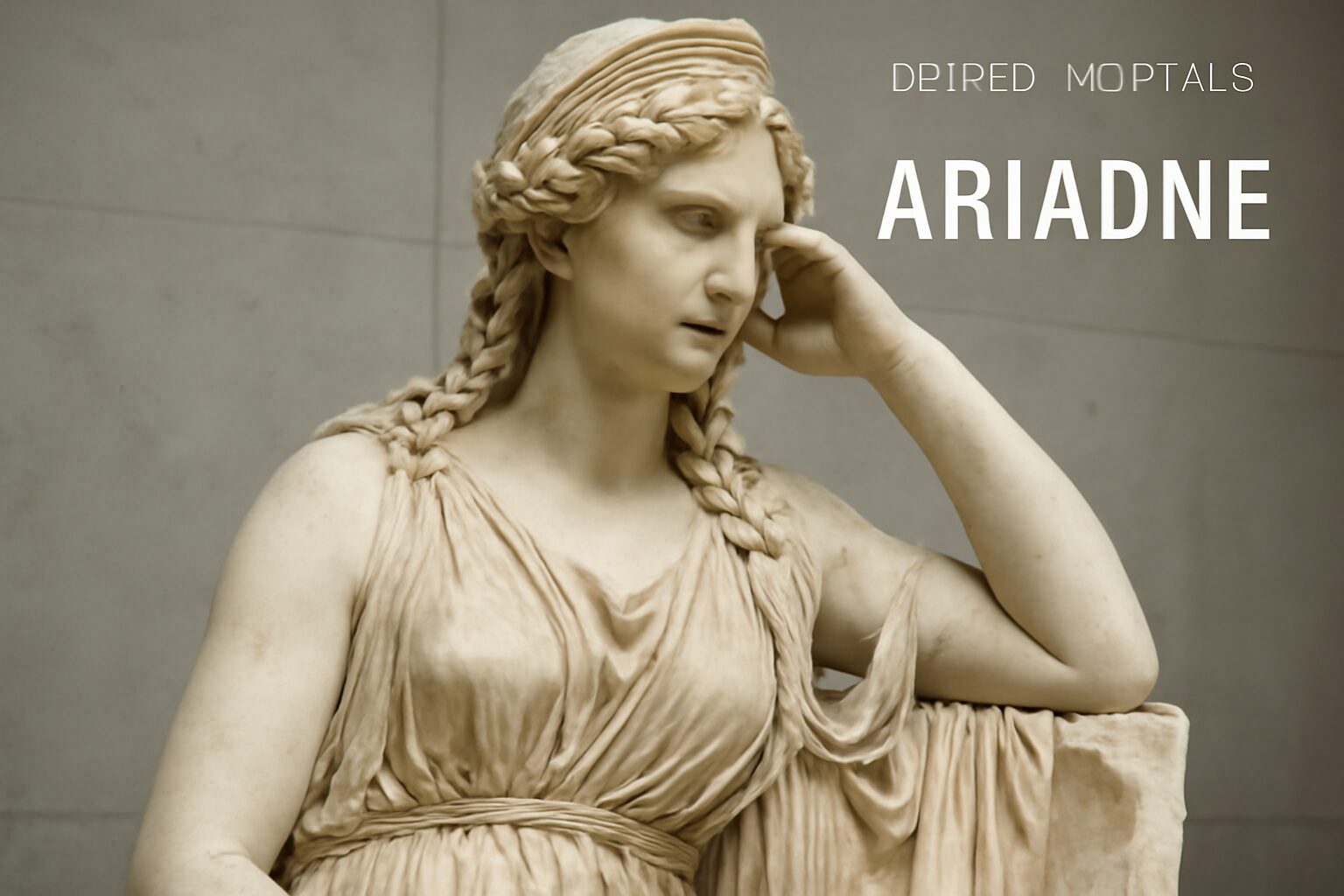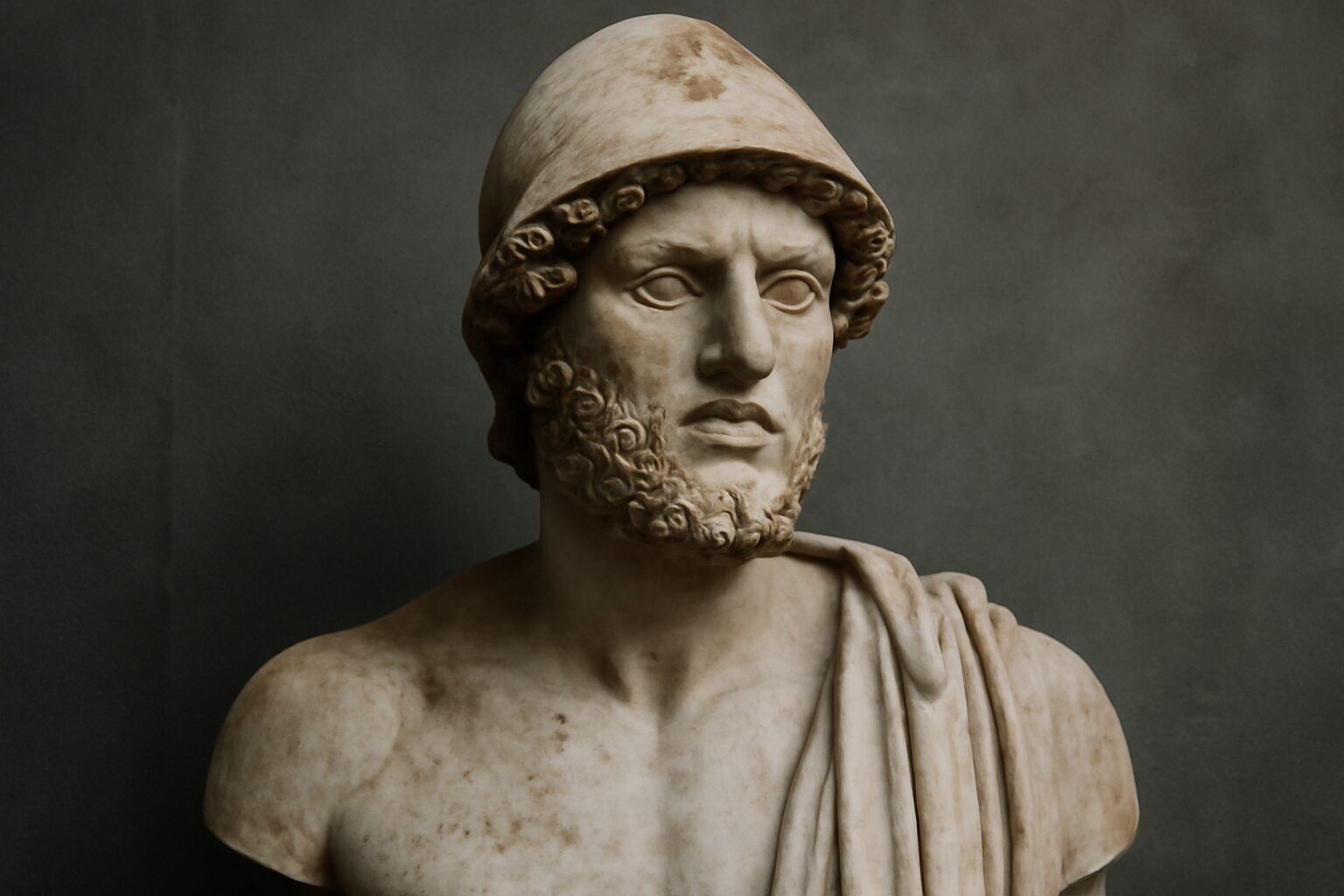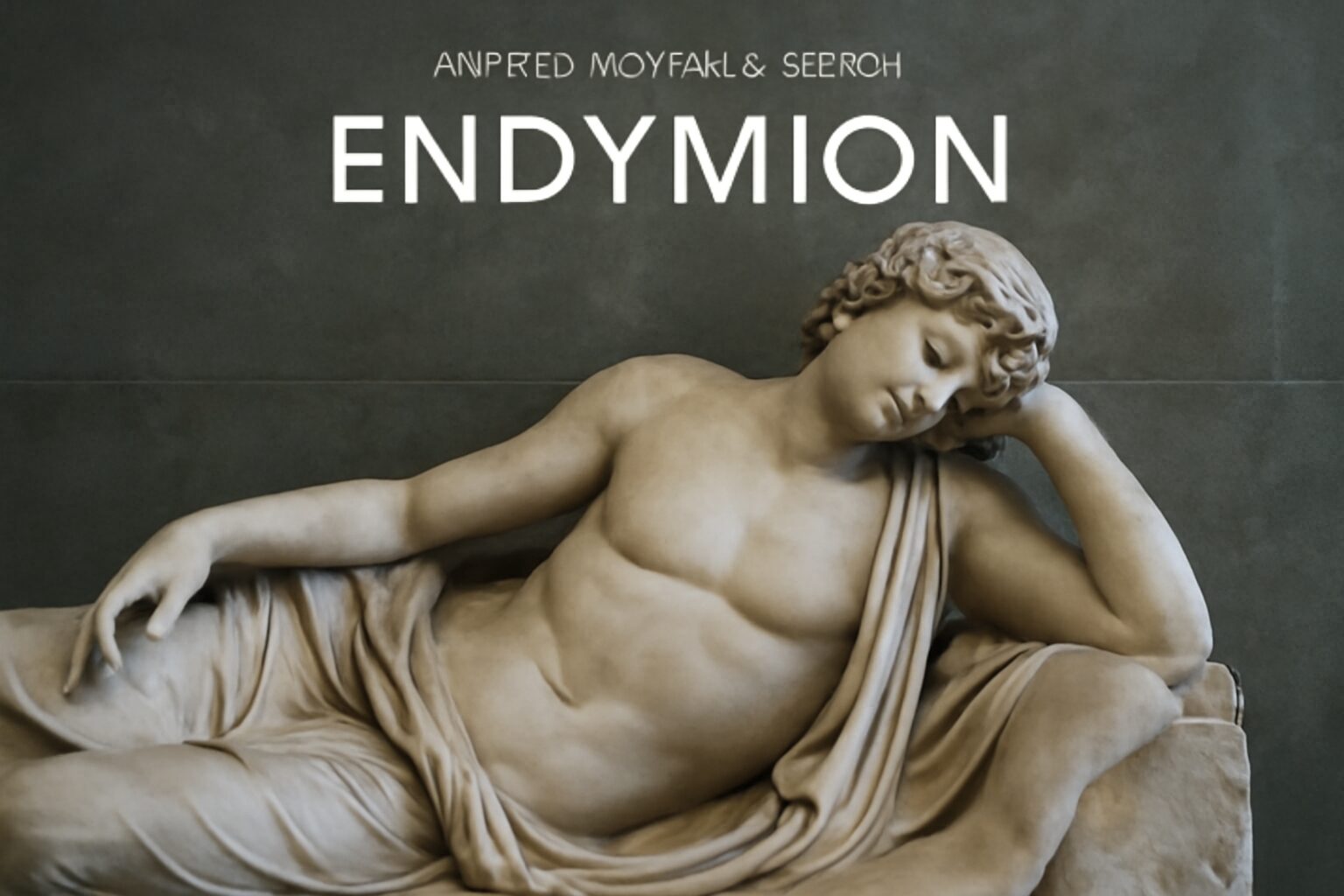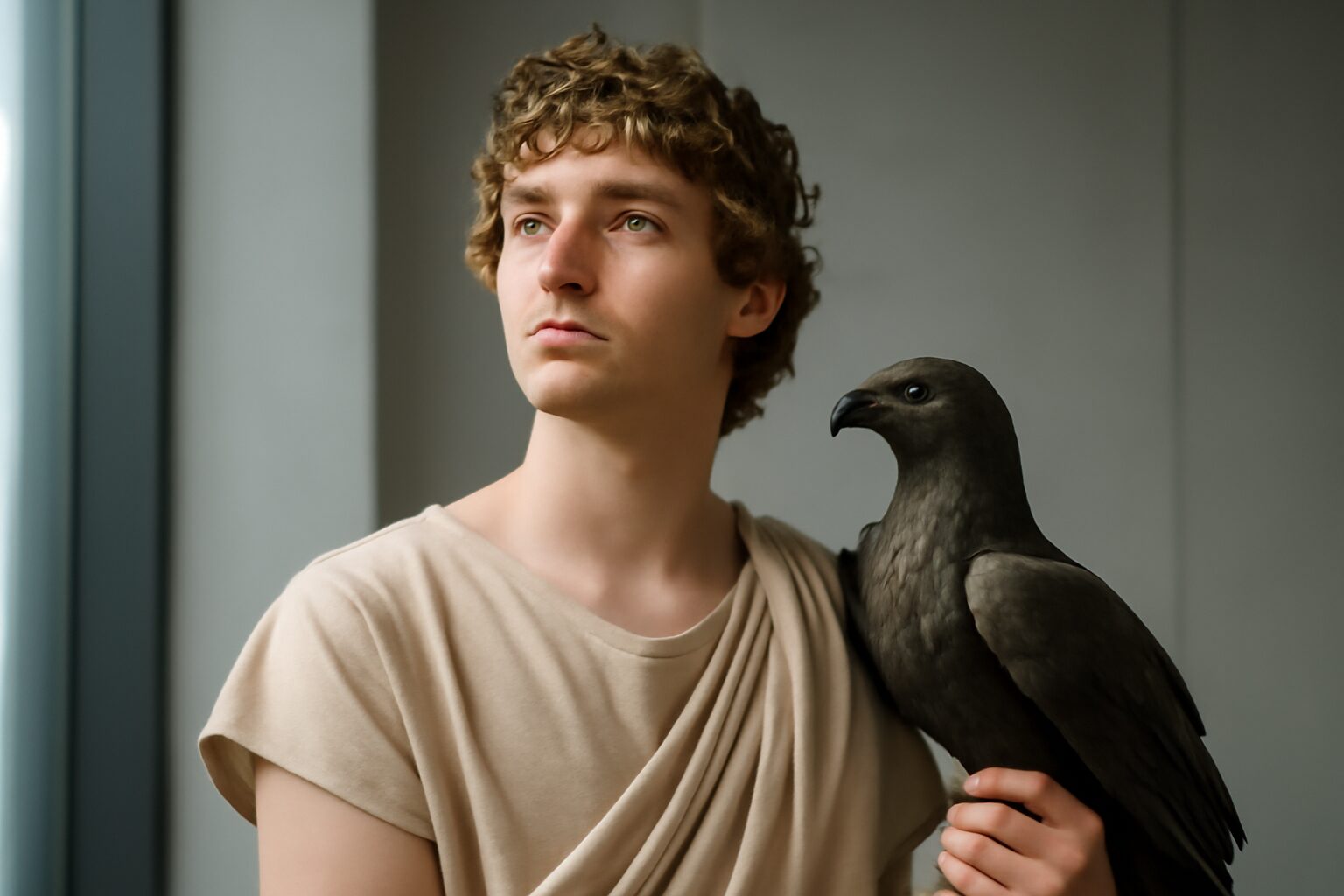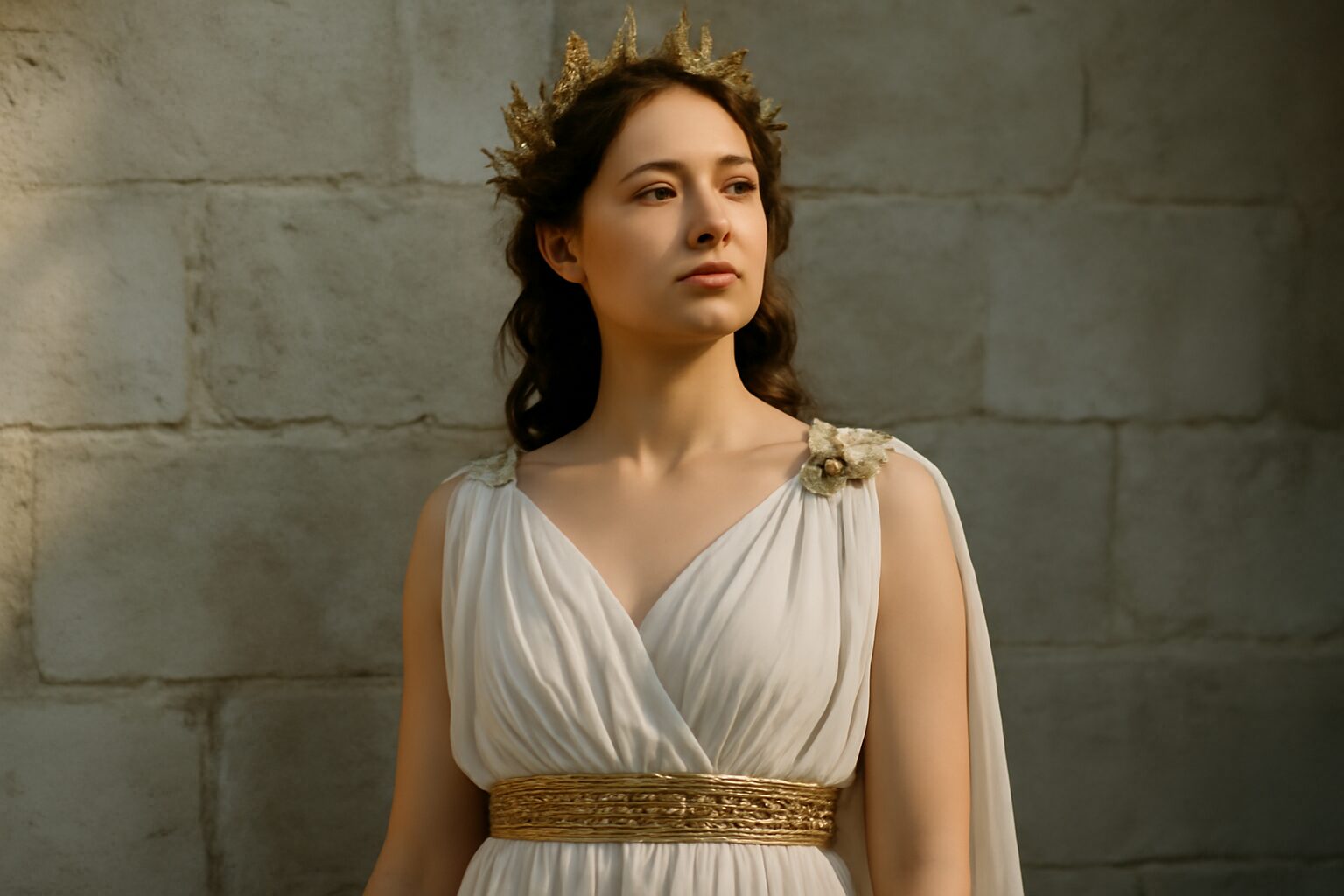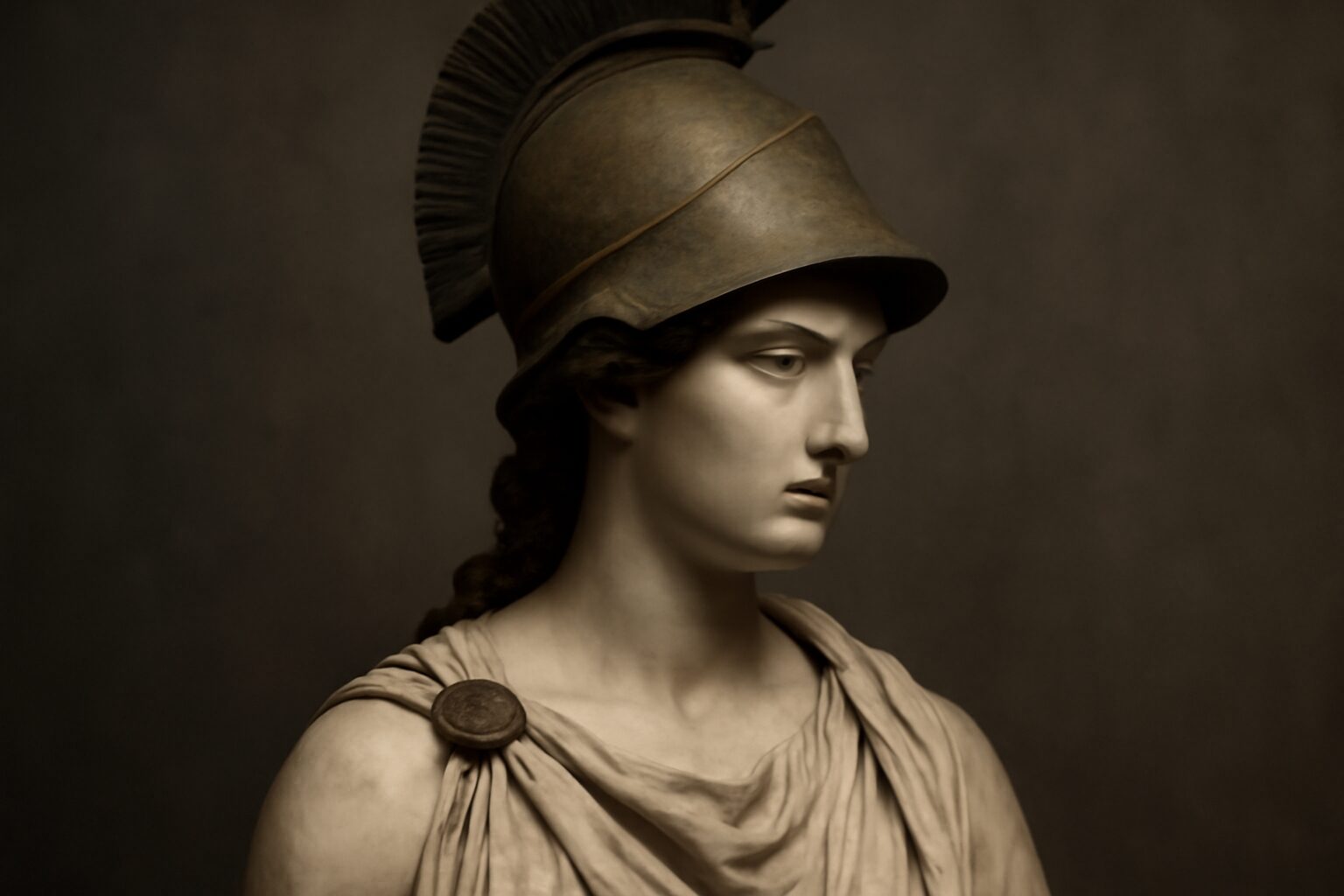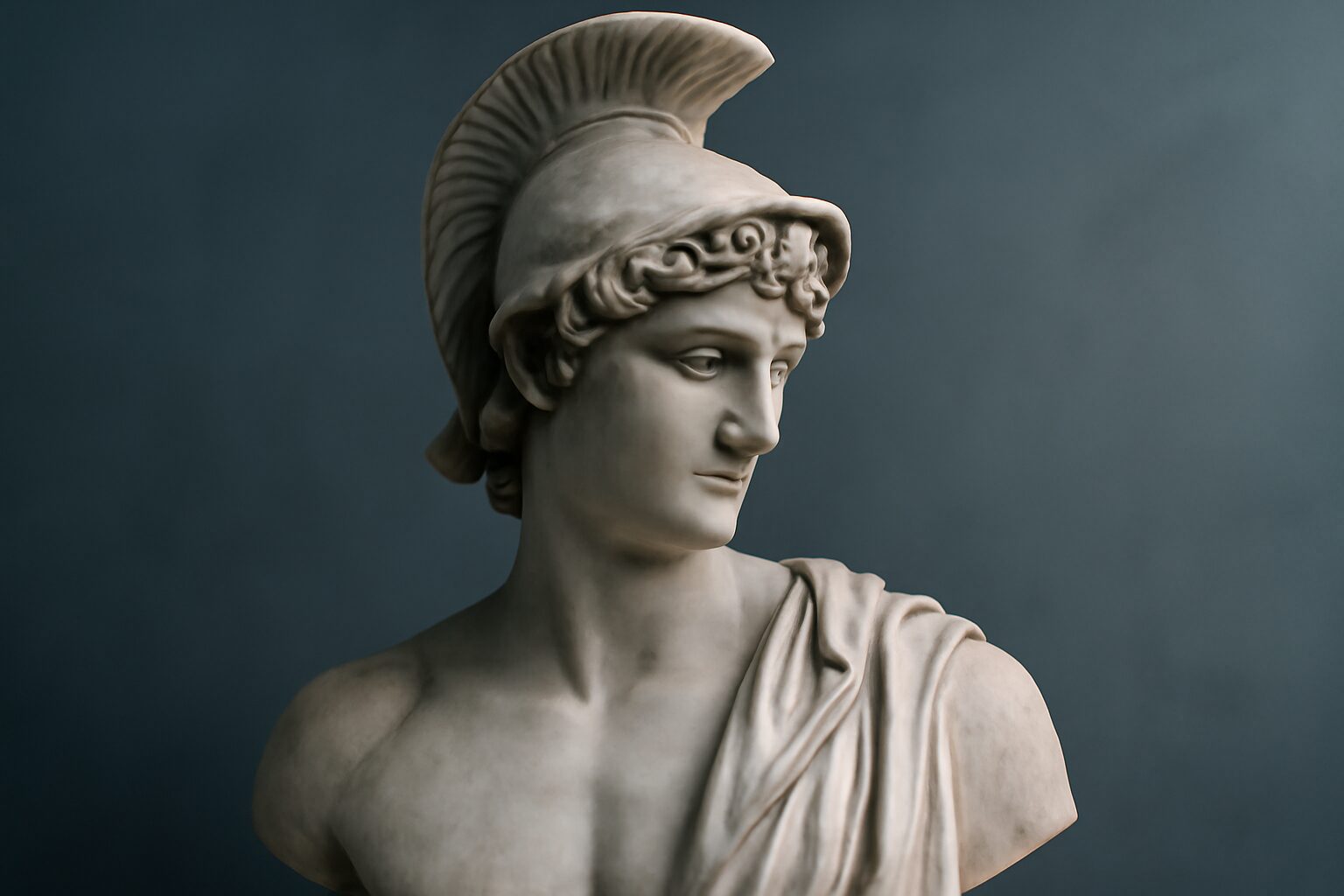Hilaeira: The Radiant Leucippides
In Greek mythology, Hilaeira was one of the Leucippides, twin sisters revered for their beauty and divine lineage. Her name means "the brightly shining one," reflecting her luminous presence. Alongside her sister Phoebe, Hilaeira was a priestess of Artemis and a figure entwined with love, abduction, and celestial transformation.
Mythology and Origins
Hilaeira and Phoebe were daughters of Leucippus, a legendary king of Messenia, and were known collectively as the Leucippides. Their myth is most famously tied to the Dioscuri—Castor and Pollux—twin heroes of Sparta. According to legend, the Dioscuri abducted Hilaeira and Phoebe, who were already betrothed to their cousins, Lynceus and Idas of the Apharetidae. This act sparked a violent conflict, leading to the deaths of Castor and Lynceus.
In some versions of the myth, the sisters were later transformed into goddesses or celestial beings, possibly to explain their disappearance from mortal affairs. Their story highlights themes of love, rivalry, and divine intervention.
Role and Significance
As priestesses of Artemis, Hilaeira and Phoebe were associated with chastity, hunting, and the moon—qualities linked to their patron goddess. Their abduction by the Dioscuri symbolized the tension between mortal vows and divine will, a recurring motif in Greek mythology.
Hilaeira’s name, meaning "shining" or "radiant," suggests a connection to light, possibly aligning her with celestial bodies. Some scholars speculate that the Leucippides were later identified with constellations, reinforcing their divine status.
Relationships and Legacy
Hilaeira’s most notable relationship was with Castor, one of the Dioscuri, who claimed her as his bride. Their union, though born of conflict, was often romanticized in later retellings. The twins’ story also intertwined with the broader saga of the Argonauts, as Castor and Pollux were key figures in that legendary voyage.
Though not as widely worshiped as Olympian deities, Hilaeira and her sister were venerated in parts of the Peloponnese, particularly in Sparta, where the Dioscuri were honored as protectors. Their myth endured in art and poetry, symbolizing the interplay of love, fate, and divine power.
Today, Hilaeira remains a lesser-known but fascinating figure in Greek mythology—a shining example of how even minor deities could embody profound themes of beauty, conflict, and transcendence.
Alternative Names for Hilaeira (Leucippides)
God Name: Leucippides (Greek)
Leucippides is a collective name for Hilaeira and her sister Phoebe, daughters of Leucippus. They were worshiped as goddesses associated with light and youth.
God Name: Dioscuri (Roman)
In Roman mythology, Hilaeira and her sister Phoebe were sometimes associated with the Dioscuri (Castor and Pollux), as they were abducted by them. The name reflects their connection to these twin gods.
God Name: Hilaeira (Greek)
Hilaeira is the primary Greek name, meaning 'softly shining' or 'gentle light,' reflecting her association with luminosity and beauty.
Tales about Hilaeira (Leucippides)
The Abduction of Hilaeira and the Wrath of Castor
In the sun-drenched plains of Laconia, Hilaeira and her sister Phoebe, known as the Leucippides, were celebrated for their grace and beauty. They were priestesses of Artemis, sworn to chastity, but their lives took a dramatic turn when the Dioscuri—Castor and Polydeuces—laid eyes on them. Consumed by desire, the twins devised a plan to abduct the sisters during a festival. As Hilaeira danced in a grove, Castor swept her onto his chariot, his heart racing like the hooves of his horses. The air crackled with tension as Eris, the spirit of strife, seemed to whisper on the wind, fueling the chaos that followed.
A Clash of Titans and Mortals
The abduction did not go unchallenged. Hilaeira’s former suitors, the Apharidae, pursued the Dioscuri, leading to a brutal confrontation. In the ensuing battle, Castor fought with ferocity, but tragedy struck when he was mortally wounded. As Hilaeira wept over his fallen form, Thanatos, the embodiment of death, hovered nearby, while Nemesis ensured that the scales of retribution were balanced. Ultimately, Zeus intervened, granting the Dioscuri immortality and uniting Hilaeira with Castor in the stars, where they shine as a testament to love and sacrifice.
Hilaeira’s Healing and the Grace of Asclepius
After her deification, Hilaeira occasionally wandered the mortal realm, drawn to tales of suffering. One such journey led her to a village ravaged by a plague, where Limos, the daimon of famine, and Ponos, the spirit of hardship, had taken root. Moved by the people’s plight, Hilaeira sought the aid of Asclepius, the god of healing. She found him in his sanctuary, surrounded by symbols of rejuvenation: the serpent-entwined staff and the gentle presence of Hygieia, his daughter. Together, they concocted a remedy infused with herbs blessed by Chloris, the nymph of flowers.
A Divine Collaboration
Hilaeira worked tirelessly alongside Asclepius, applying the elixir to the afflicted. As dawn broke, Eos, the goddess of dawn, painted the sky in hues of rose and gold, symbolizing renewal. The plague receded, chased away by Eirene, the personification of peace. In gratitude, the villagers built a shrine honoring Hilaeira and Asclepius, where offerings were made to Elpis, the spirit of hope, ensuring that their story would inspire generations to come.
Frequently Asked Questions
Who were Hilaeira and the Leucippides in Greek mythology?
Hilaeira and her sister Phoebe, known as the Leucippides, were mortal princesses in Greek mythology who were abducted by the Dioscuri (Castor and Pollux). They were later deified and worshiped as goddesses associated with light and dawn.
Why were Hilaeira and the Leucippides important in Greek mythology?
The Leucippides were important because their abduction by the Dioscuri was a key myth explaining the divine nature of Castor and Pollux. Their deification also reflects the Greek practice of elevating mortals to divine status for their connections to the gods.
What does the story of Hilaeira teach us about ancient Greek beliefs?
The story shows how the Greeks blurred lines between mortals and gods, believing exceptional humans could attain divinity. It also reflects the importance of family ties in mythology, as the Dioscuri married their cousins the Leucippides.
How were the Leucippides worshiped in ancient Greece?
The Leucippides were worshiped alongside the Dioscuri in Sparta and other regions. They had shrines where people honored them as goddesses of light, often associated with the morning and evening stars.
Are there modern references to Hilaeira or the Leucippides?
While not as well-known as major gods, the Leucippides appear in modern retellings of Greek myths and some astronomical references, as their name means 'daughters of the white horse' and connects to celestial imagery.




